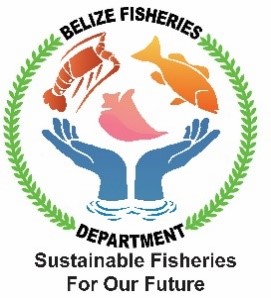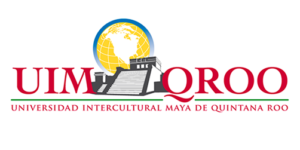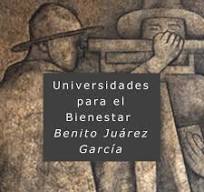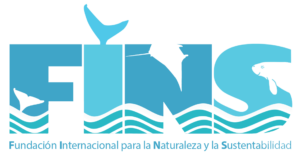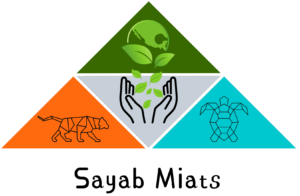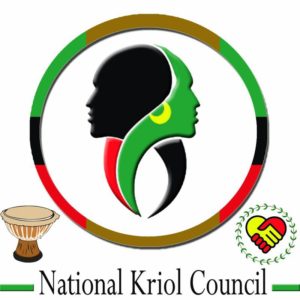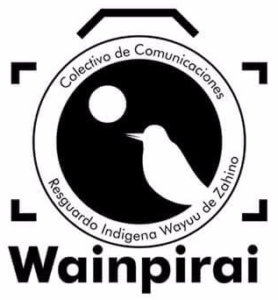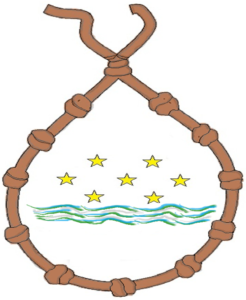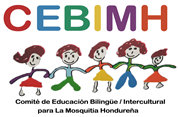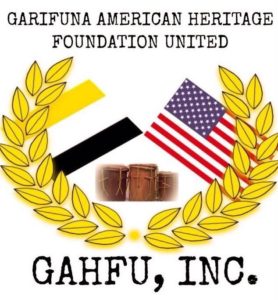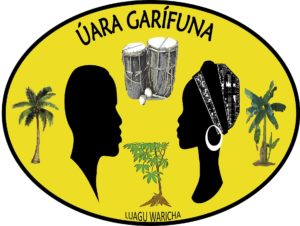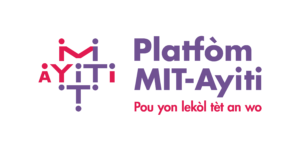Federal Institutions and NGO's
Secretaría de Educación de Quintana Roo
 México has a linguistically diverse education system; however, the curriculum is primarily monolinguistic (Spanish). There are small amounts of materials available in Indigenous languages, however biology and science curricula are totally absent. México is very forward thinking in devising a plan to deal with issues unique to the schools in its Indigenous communities. One of these is the use of Indigenous schools that focus on specific needs of these Indigenous communities. These Indigenous schools are an important part of México's education system.
México has a linguistically diverse education system; however, the curriculum is primarily monolinguistic (Spanish). There are small amounts of materials available in Indigenous languages, however biology and science curricula are totally absent. México is very forward thinking in devising a plan to deal with issues unique to the schools in its Indigenous communities. One of these is the use of Indigenous schools that focus on specific needs of these Indigenous communities. These Indigenous schools are an important part of México's education system.
The Mexican state of Quintana Roo is on the Yucatán Peninsula, the ancestral homeland of the Yucatec Maya. It is México’s only state with a Caribbean coast and part of the Mesoamerican Reef System, a UNESCO World Heritage Site. The Maya people are 44% of the population of QRoo. Many of these Maya live in communities where Maya, not Spanish is the principal language.
There are a total of 78 Indigenous primary schools in Maya communities in QRoo. Marine Conservation without Borders (MCB) has created a biocultural STEM Plus textbook written in Maya [yua] for Indigenous primary school students titled: U tsooyilo'ob Yucatán (Treasures of the Yucatán).
The Departamento de Educación Indígena for the Secretaría de Educación de Quintana Roo (SEQ) has chosen five Indigenous schools in Maya communities for MCB to test and validate their biocultural STEM Plus curriculum. Maya students from the La Universidad Intercultural Maya de Quintana Roo will work with MCB on the project to test and validate these curricula in these Maya communities. Whereas these materials are STEM Plus curricula, SEQ wants the UIMQROO students and the teachers from these communities to use these STEM Plus curricula to teach Maya reading comprehension and writing skills. The project will begin with 4th grade students and work with them as they advance through 6th grade. MCB will develop new age-appropriate biocultural STEM Plus curricula as these Maya students are promoted.
La Universidad Intercultural Maya de Quintana Roo
UIMQROO students will test and evaluate Marine Conservation without Borders' (MCB) monolingual biocultural STEM Plus curricula in primary schools in 5 Maya communities in Quintana Roo, MX. These Maya students will present these data as their thesis projects. MCB will use the aggregate data to assess these curricula and modify them if needed. During this 3-year project UIMQROO & MCB will follow fourth grade students as they move to the 6th grade. Every year will bring new themes and grade appropriate biology curricula ethnotranslated into the Maya [yua] language. If the project is renewed, the 7th grade students will be introduced to bilingual STEM Plus biocultural curriculum that will also teach Spanish as a 2nd language.
The project titled M úul tuukul yo ‘ osal u kanil bak ‘ pachil ichil maaya kajtalilo ‘ob aims to safeguard human rights, including equality and the right of access to a science education and provide new opportunities for younger generations to stay in contact with and safeguard their culture and language. ~UIMQROO
La Universidad Autónoma Del Estado De Quintana Roo (UQRoo)
Combinar la sabiduría ecológica indígena y la ciencia occidental, impulsa la preservación de la cultura y la biodiversidad
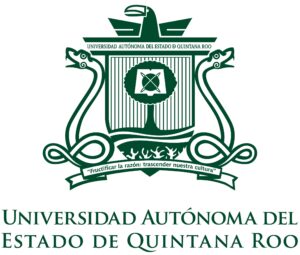 Con el fin de fomentar la educación ambiental en la niñez del estado, principalmente de las comunidades mayas de Quintana Roo, se firmó en la Sala de Rectores de la UQROO, un convenio de colaboración con la organización no gubernamental, Conservación Marina Sin Fronteras, con ello se pretende crear material educativo relacionado con temas de biodiversidad y recursos naturales.
Con el fin de fomentar la educación ambiental en la niñez del estado, principalmente de las comunidades mayas de Quintana Roo, se firmó en la Sala de Rectores de la UQROO, un convenio de colaboración con la organización no gubernamental, Conservación Marina Sin Fronteras, con ello se pretende crear material educativo relacionado con temas de biodiversidad y recursos naturales.
Por otra parte, han desarrollado junto con la Secretaría de Educación de Quintana Roo, un segundo curso sobre lingüística maya en cinco escuelas primarias indígenas en nuestro estado, por lo que firmar este convenio con la UQROO, ayudarán a generar materiales educativos con el apoyo de profesores investigadores en colaboración de la ONG, Conservación Marina sin Fronteras.
Indigenous and Creole Partner Orginazations
Sayab Miats
Sayab Miats A.C. is a Mayan organization that works directly with Marine Conservation without Borders (MCB) contributing to the next generation of content for the monolingual biocultural STEM Plus curricula that will be tested and validated in Indigenous primary schools in Quintana Roo, México.
Investigators of this association collect information from the Indigenous communities that is later reflected in the MCB biocultural STEM curriculum. Likewise, Sayab Miats will be the principal contact for the development of all logistics involved in the project for Mesoamerica and the greater Caribbean basin.
Most of the worlds endangered language communities are located in biodiversity hotspots. Biocultural STEM Plus curricula are a new class of language documentation tools that document age-appropriate language used to discuss local ecosystems in biodiversity hotspots. This class of language documentation instrument doubles as biology curricula that fosters pride of place that celebrates and recognizes the importance of Indigenous cultures and ecological knowledge systems and are indistinguishable from modern biology curricula to biologists and educators. Moreover, these language documentation tools were designed to fill a niche missing in nearly all linguistically diverse education systems.
This new class of language documentation instruments fosters cultural and ecological identity while recognizing local ecological knowledge as equal to Western Science. Additionally, these biocultural STEM Plus curricula have multiple secondary benefits such as teaching mother tongue reading comprehension and writing skills and can be used for linguistic and cultural revitalization projects to name just a few.

